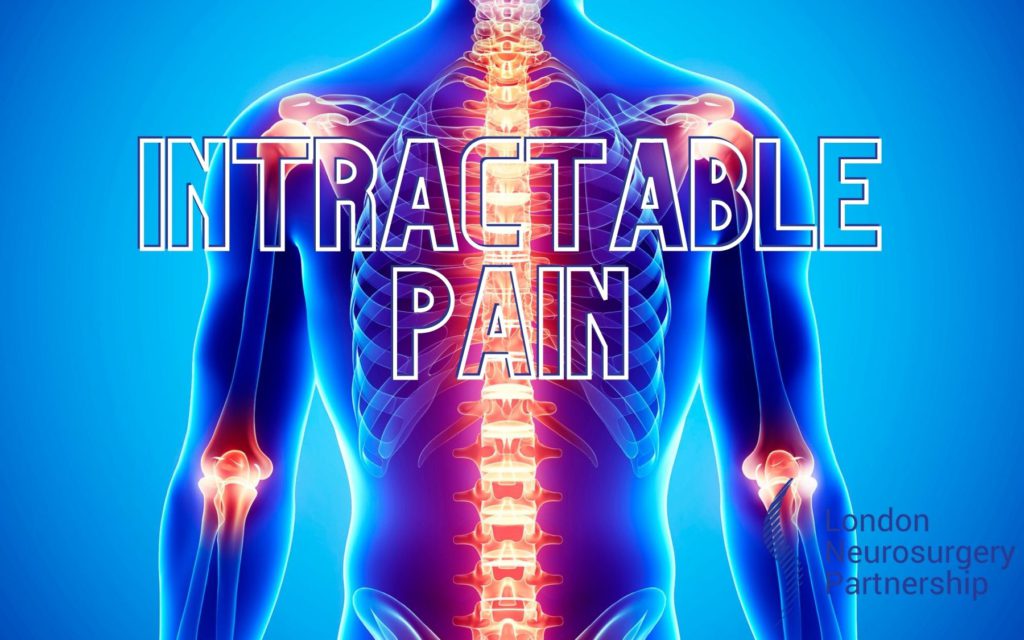
Intractable pain refers to pain that cannot be main with normal pain management techniques. ‘Intractable’ meaning hard to control.
As this type of pain is not curable, the aim when treating is to reduce the severity of the symptoms that the patient is experiencing.
For some patients, this pain can be extremely severe, leaving them bedridden and in some cases hospitalised. Neurosurgeons treat this excruciating pain that affects the back, neck, head and face.
Different types of pain
- Acute Pain: Sudden and intense pain that usually fades after a period of time or after treatment. Examples of acute pain includes breaking a bone. If this pain continues for a long period of time it can develop to chronic pain.
- Chronic pain: Ongoing pain that lasts longer than 6 months that is hard to alleviate. Symptoms will usually improve when pain medication is taken. Examples of chronic pain is conditions such as arthritis, which will usually improve after a period of rest.
- Intractable pain: Intractable pain is similar to chronic pain; however, it will not respond to treatment in the same way. Over the counter medication will usually not have an effect on the pain.
It is thought that intractable pain is different to other forms of pain as the brain processes the pain signals in a different way. A lot of patients with this type of pain will have will a form of brain stimulation to block the nerve signals.
What causes intractable pain?
It can be caused by a number of different conditions. Some of the most common causes include:
- Migraines and tension headaches
- Cancer
- Arthritis
- Degenerative disc disease
Intractable pain does not always have an obvious cause, making it hard to diagnose and treat for some patients.
Unfortunately, this pain can be very hard to diagnose. It may take a few failed treatment methods before your doctor is able to come to a diagnosis
If you have been diagnosed with intractable pain, or believe that you are suffering from a condition that causes intractable pain contact our team to book an appointment on 0207 034 8709
This article is intended to inform and give insight but not treat, diagnose or replace the advice of a doctor. Always seek medical advice with any questions regarding a medical condition.


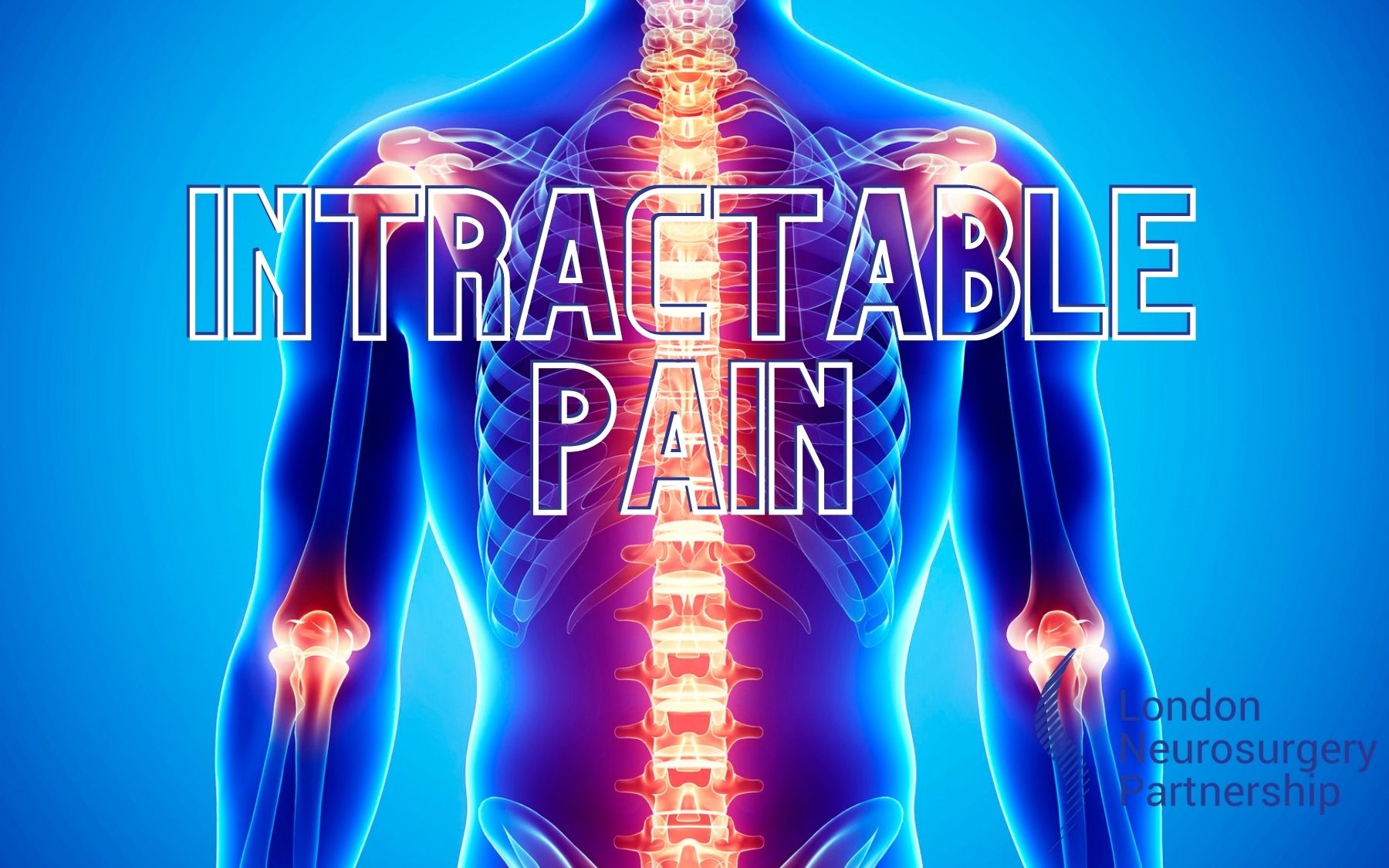
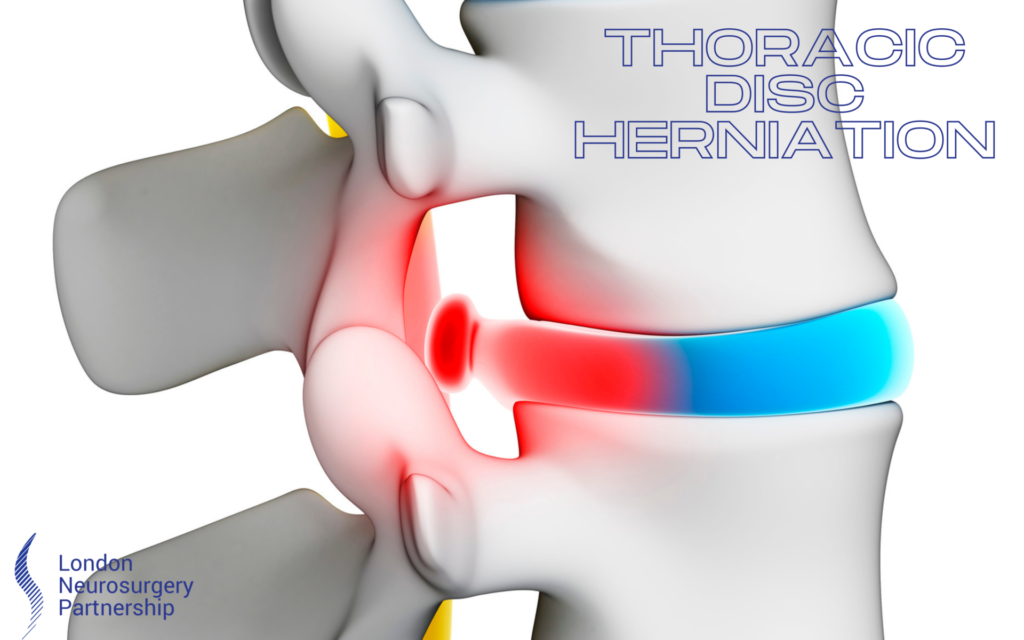
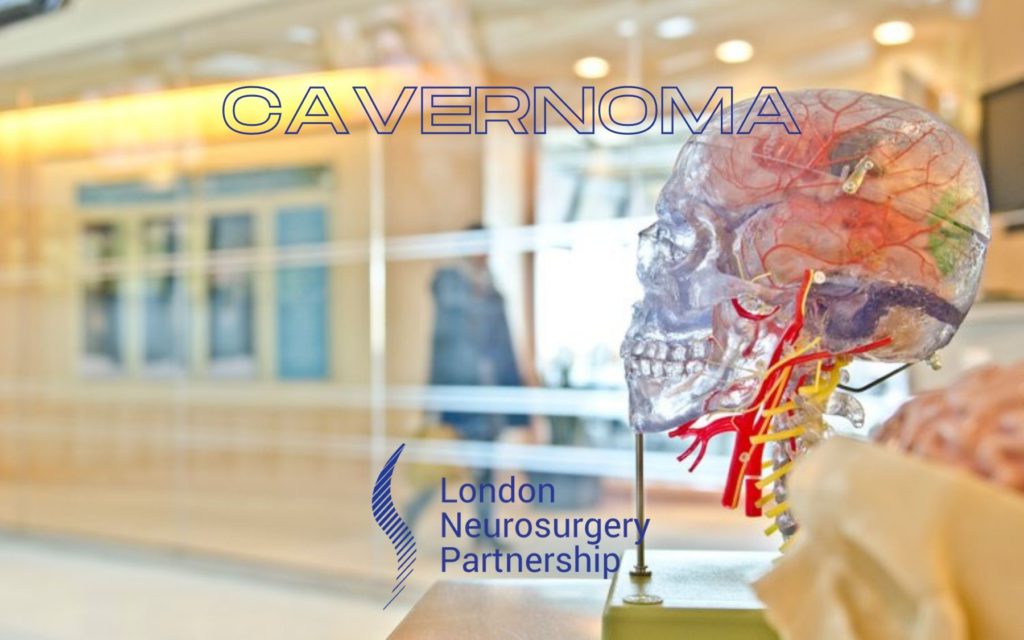
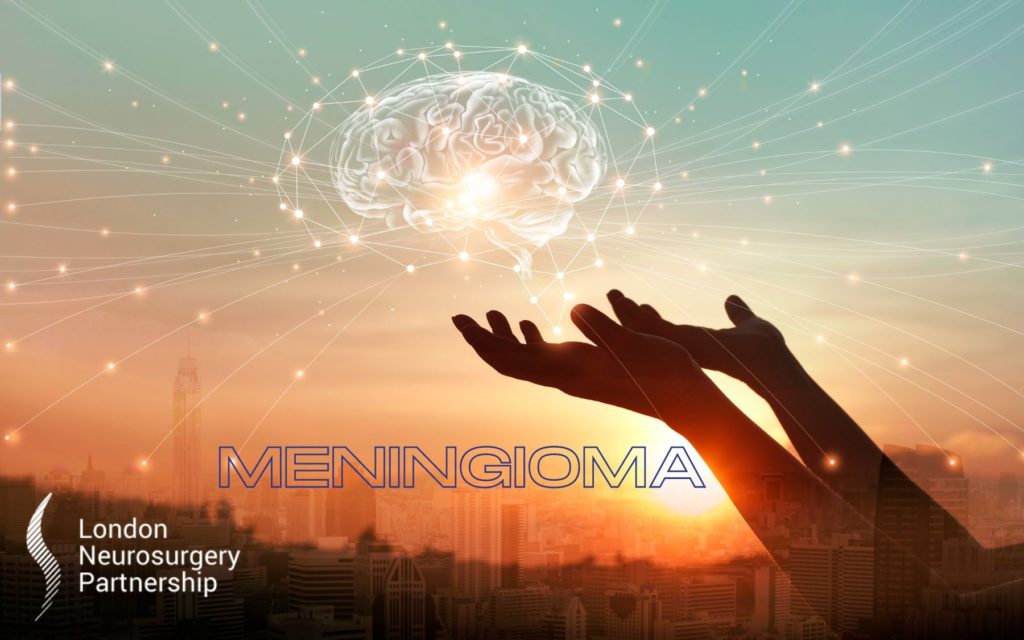
0 Comments